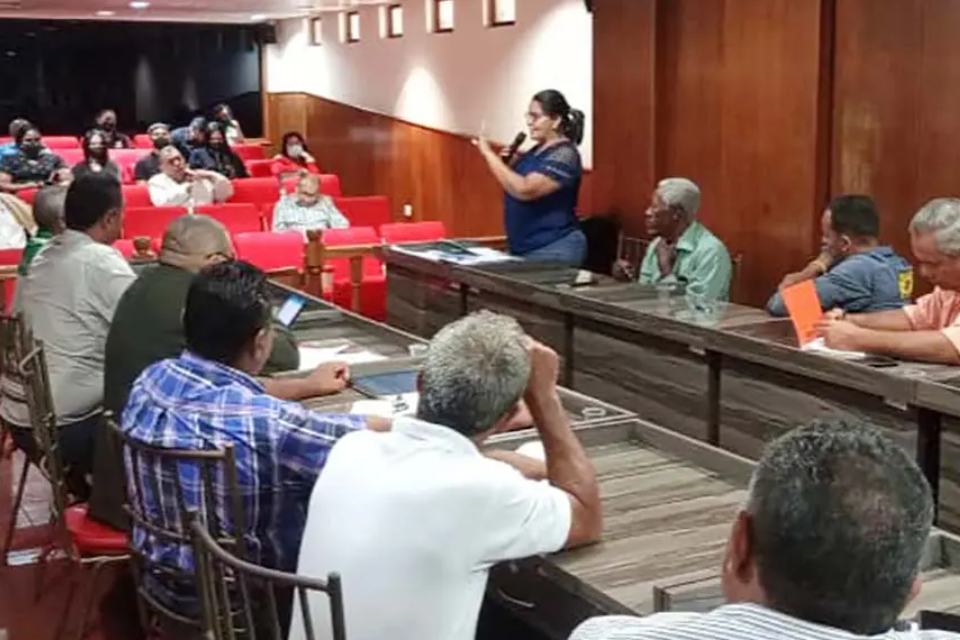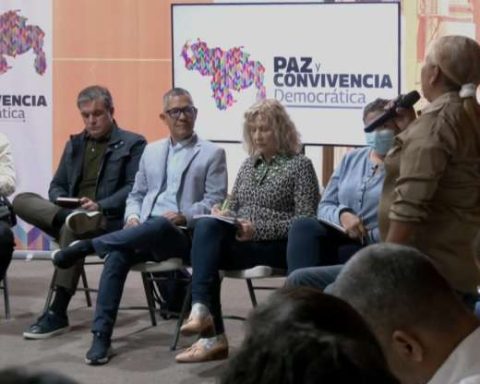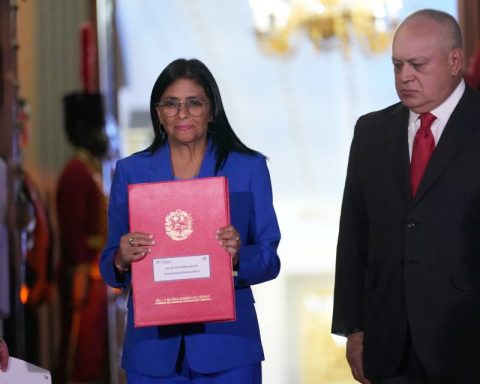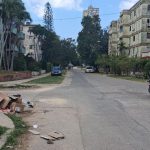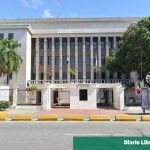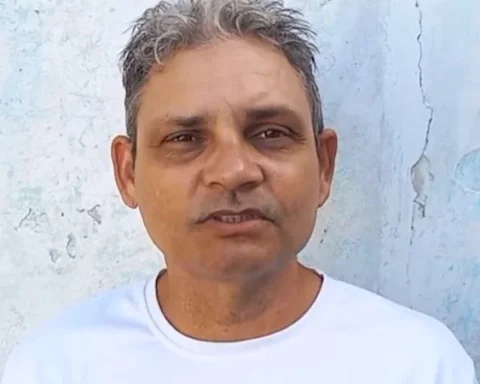On September 27, the Environment Commission met with the human rights delegation of the Bar Association, the Medical Association, the citizen environmental investigation commission, and residents of the Unare and Universidad parishes, in order to discuss measures regarding the continuing aluminum oxide emissions from the CVG Bauxilum calcination area
Author: Laura Clisánchez | Mail of the Caroni
The Environment, Ecology and Agrarian Development Commission of the Municipal Council in Caroní asks the general management of the Venezuelan Corporation of Guayana (CVG) to resume monitoring of air pollution -deactivated for at least 14 years-, to determine the environmental impact that generates the minimum current production of the basic companies.
This is due to the fact that aluminum oxide emissions from CVG Bauxilum’s calcination area continue, which began on September 5 after the failure of the filters of the state company’s only operating calciner.
Bauxilum spoke out after four days of silence, but until now the competent authorities of the Ministry for Ecosocialism (Minec) and Environmental Management of the CVG have not spoken or published the progress of any investigation that allows knowing the current concentration of the material in the air, nor if corrective measures are being applied to ensure that the incident is not repeated.
Twenty days after the start of the emissions that violate the Environmental Criminal Law and the Air Quality and Air Pollution Control Standards, the Public Prosecutor’s Office has also not publicly stated any progress in any investigation to determine responsibilities.
This Tuesday, September 27, the Environment Commission met with the human rights delegation of the Bar Association, the Medical Association, the citizen commission for environmental investigation and inhabitants of the Unare and Universidad parishes, affected by prolonged inhalation of aluminum oxide to study the case from different angles, especially legal aspects and effects on people’s health, with an emphasis on the most vulnerable population: children, older adults, people with underlying lung diseases or respiratory infections such as COVID-19.
Aliana Estrada, president of the Environment Commission, stated that the state company must take the necessary corrective measures to guarantee the operability of industrial equipment and, therefore, to prevent accidents that harm the environment, human health, animal health and occupational safety. .
“The damage is already done, it cannot be reversed. A procedure that is the work permit has already been violated, this permit has an assessment of the safe procedures so that the production process is optimal, obviously this did not happen every time that it comes from a supposed maintenance stoppage of the plant”, reported.
“Here it became clear that the Government has not fulfilled its function of being a guarantor that the processes take place, with the conditions in which the health of citizens and the safety of workers are guaranteed,” he added.
Without environmental control and monitoring of air pollution
Luis Guzmán, a biologist and specialist in environmental sciences, reported in an interview with Correo del Caroní that in Ciudad Guayana there has been no air and water quality monitoring team for 14 years. Before 2008 there were at least 12 of these teams distributed in the basic companies that no longer work due to lack of maintenance.
“Since 2006 or 2008 there is no information on the quality of the air we breathe or the quality of the water we drink,” said the biologist.
Little is known about the quality of the air in Ciudad Guayana and the only clues that civil society has about the real effects of aluminum oxide emissions are the cough, irritation and respiratory distress that members of the at least 1,200 affected families present. that inhabit the Atlantic axis and Paseo Caroní avenue.
From civil society, initiatives emerged such as the citizen environmental investigation commission made up of parliamentarians from the Legislative Council of Bolívar state (CLEB) or the investigation undertaken by the Human Rights Commission of the Bar Association, a union that collected samples of aluminum oxide to analyze them. in a private industrial laboratory with the purpose of determining how harmful calcined alumina can be for health in a context of prolonged inhalation.
The union also filed a complaint with the Environmental Prosecutor of the Public Ministry to determine legal responsibilities for the damage caused to public health.
Aluminum oxide is not considered a hazardous or corrosive substance, but the World Health Organization states that prolonged inhalation of the material causes lung and neurological damage.
Post Views:
246
